Across Industries, Waste Products Are Potential Raw Materials

STORY INLINE POST
Q: How does Veolia’s business model promote the circular economy?
A: Our clients come from either local government or private industry, so we recognize the need for both political and economic drivers to incentivize green planning. All businesses produce waste, whether liquid, solid or in a different form. To limit their carbon footprint, companies must start from the beginning of the production process, with the raw materials. Veolia promotes a financial model that considers waste and whether it can be reincorporated into the production chain. With our vast experience in a wide range of industries, we show businesses how their waste products can be reused again as raw materials.
This naturally requires significant physical and chemical technology to transform these waste materials into something valuable. The investment required can put some businesses off. A lack of support at the government level and interruptions to supply chains also make the process more challenging. Leading businesses are trying to adopt this model but they need to work with suppliers to ensure fluidity in the supply chain management and meet consumer demand for sustainable supply chain processes. Our goal is to help businesses with our experience and technical expertise in this regard. However, we are still in a precarious stage of growth for Mexico’s sustainable industry.
Q: What are Veolia’s top solutions for improving energy efficiency in Mexico?
A: The global question of energy efficiency usually depends on government policies. Veolia focuses on helping businesses transition to cleaner energy and lots of businesses have already started getting their energy from wind and solar projects. This is the first step in a rapidly changing industry. Some have even installed their own sustainable generation systems to self-supply energy. In the Mexican context, regulation has made it increasingly difficult to generate self-supply on a large scale.
This is where Veolia comes in, helping businesses find greater efficiency. Energy consumption entails all the appliances that a business uses, from air conditioning to boilers. Rather than simply reducing the cost of energy, we try to help clients consume less energy. Depending on their niche, some businesses consume more energy than others. We start with a detailed technical analysis and make use of electronic solutions.
At PepsiCo, for example, we installed sensors and scanners to monitor processes in real-time. This also allows us to compare consumption in factories in different countries and to modify equipment and utilities to predict future output. Such proactive management allows for quicker response to crises, should they arise.
Furthermore, energy expenditure and consumption are not limited to electricity. It also includes steam, water and boilers. The solutions we offer range from innovative solar panels and cogeneration to more efficient boilers. We offer a comprehensive approach that considers all the facilities a business operates. We aim to make the production process more efficient as well as lowering the cost.
Q: How does Veolia view the potential for alternative fuels in Mexico?
A: It is a complicated situation but Mexico undoubtedly has enormous potential. Unfortunately, many states have not legalized the assessment of waste products due to the danger they present if mismanaged. However, the technology to assess this has been around for over two decades. It is really a tremendous opportunity that is both environmentally sustainable and economically viable.
At the local, state and federal levels of government, there are lots of bureaucratic hurdles to pass first. In Mexico, what we are really lacking is standardization. Often, municipalities take the easy and seemingly cheaper option of dumping garbage in a pit. But all this waste can be incinerated to generate electricity. In a controlled environment, plants can harness the energy of waste products in a non-polluting process. Mexico City is quickly running out of room for landfill waste sites, so it has already begun outsourcing the problem to neighboring states. However, by using waste as fuel, the city could power the entire metro transport network, through practical, innovative and viable projects that most of the world is already pursuing. There are many great opportunities to take advantage of agro-industrial waste or biomass, which when treated can produce clean fuel and promote circularity in the economy.
Q: What steps is the company taking to promote a biomass-focused strategy in Mexico?
A: Veolia aims to foster greater cooperation among businesses at different ends of the supply chain, to create an ecosystem in which waste products can generate electricity for everyone. Mexico needs collective solutions, so Veolia aims to adjust its model to the Mexican reality and make it a win-win for everyone. In the past two months, we have been using waste-to-energy to power cement ovens at the Moctezuma cement factory in San Luis Potosi. The operation is designed to treat and process 40,000 tons of fuel annually, helping Moctezuma reduce CO2 emissions by 70,000 tons and boosting sustainability in the Bajio. The project creates jobs, is easy on the environment and provides financial benefits for stakeholders. Sustainability is not expensive; with the correct strategy it should be cheaper and become a tremendous competitive advantage.
Q: How does Veolia communicate to clients that energy transition need not be expensive?
A: We offer a package that guarantees savings in direct correlation with reduced emissions. It is a fixed-cost offering that encompasses electricity, steam and water among other options. The package presents the client with proof of the financial reward that can be reaped from making the transition. If they do not see this economic benefit, we repay the difference. It is crucial to incentivize sustainable solutions, and Veolia is betting on this approach.
Veolia is anticipating a boom as international corporations push to meet their agreed green energy commitments by 2030. Demand for our services will only increase as companies look for transition strategies to rapidly reduce carbon emissions so that they can deliver on their promises.
Q: How has Veolia’s recent merger with Suez helped to extend the company’s reach in the Mexican market regarding water management?
A: Prior to the merger, Veolia was No. 1 globally for environmental solutions and Suez was No. 2. By joining forces, we have created a giant in ecological transformation, boasting greater technological advancements and increased investment potential. We will have a bigger real-world impact across many municipalities and industries. Suez was already operating in Saltillo and we control water management in Aguascalientes as well as managing plants in Chihuahua, Ciudad Juarez, Culiacan and San Luis Potosi. Together, we provide millions of people in Mexico with potable water. As companies, we complement each other perfectly. Suez has capacities for digitalization that enabled us to take a qualitative leap forward. We can now clearly show clients just how much they are saving, how emissions have decreased and how much their carbon footprint has improved.
Suez also has strong experience in wastewater management and drought is such a big issue in Mexico, with water shortages affecting 70 percent of the country. Nevertheless, aging water infrastructure across the country has led to frequent leakages, so the country wastes valuable water it does have. Our merger with Suez allows us to manage water from well extraction to distribution, making the process much more efficient. Controlling the water supply chain fully, Veolia can reduce waste and its cost.
Veolia is a global company specialized in optimized resource management. It designs and provides water, waste and energy management solutions, which contribute to the sustainable development of communities and industries.

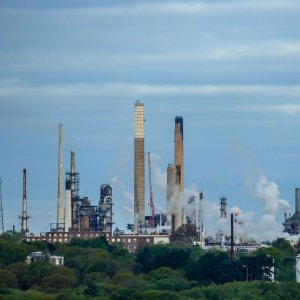

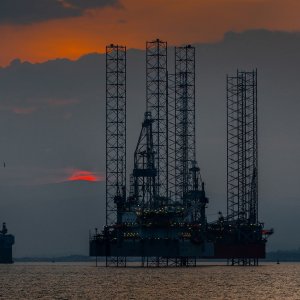
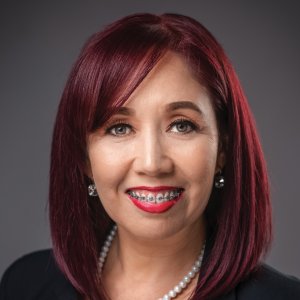
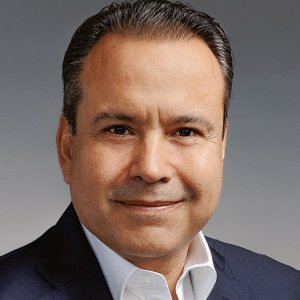

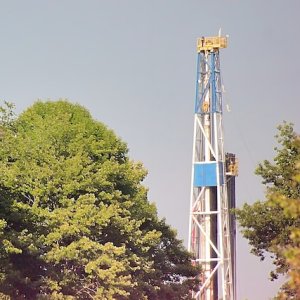
 By María José Goytia | Journalist and Industry Analyst -
Fri, 06/03/2022 - 09:30
By María José Goytia | Journalist and Industry Analyst -
Fri, 06/03/2022 - 09:30
















